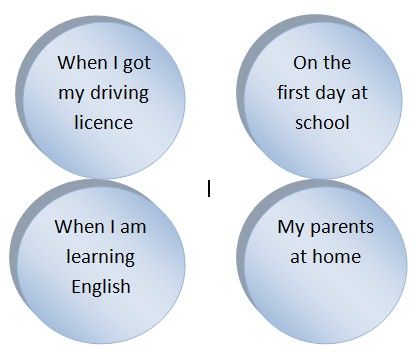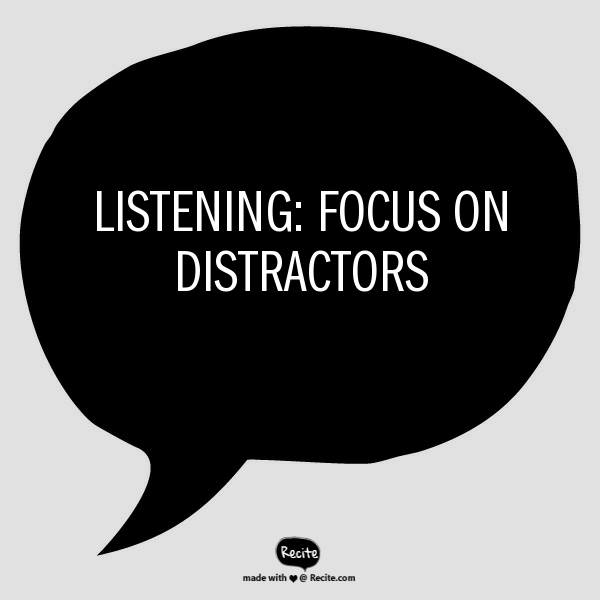“I’m not telling you it’s going to be easy – I’m telling you it’s going to be worth it.” Art Williams
Of all the parts in the English exam my students, without a single doubt, fear the speaking test the most.
Oral exams require lots of study and preparation. Don’t dream for a minute of taking this exam without putting some real elbow grease into it. It’s only the very skilled ones who feel at ease while facing a board of two or three teachers asking questions and taking notes.
Very often my students feel frustrated by their inability to react to questions; they mention things such as their mind going blank, panicking, having absolutely nothing to say on the issue, words not coming etc. While it is true that in an oral test you have to think on your feet and some students don’t have this ability, it is also true that, very often, you know or can guess what topics you can expect in the exam ( they are quite a few, yes, I know 🙂 ) so before the test, why don’t you practise how you would answer some questions and see what vocabulary you need to study ?. If you do it, you’ll be absolutely fine!
So, my nothing-to-write-home-about tips
♥ Write a list of all the topics in the exam
♥Think of some questions you might be asked for each topic
♥ Study relevant vocabulary to talk about these topics. If you are talking about Technology, you might want to use the expression” keep in touch” or the word “gadget”
♥ Practise how you would answer these questions
♥ Record yourself
♥ Concentration during the speaking test is essential.
♥ Be positive. “Believe you can, and you’re halfway there”
To help you prepare for this part of the exam, I am going to share with you a nice site to practise your responses to questions you might be asked in the test. The site is called Conversationstarters .com and it generates random questions for different topics. So, click the button and start practising!!



 of listening exercises there are always words and expressions which are designed to distract students from the correct answer. If you don’t know about these distractors, you are likely to be misled by them and choose the wrong answer.
of listening exercises there are always words and expressions which are designed to distract students from the correct answer. If you don’t know about these distractors, you are likely to be misled by them and choose the wrong answer.
 We all need to eat to live, but It‘s clear that the food, in our society, is something more than nutrition. Nowadays, we all use the meals to socialize. We have family meals, business meal, and we all enjoy eating with friends.
We all need to eat to live, but It‘s clear that the food, in our society, is something more than nutrition. Nowadays, we all use the meals to socialize. We have family meals, business meal, and we all enjoy eating with friends.
 different ways. The first one shows a typical day at work in all the offices in the world.It is generally accepted that today no company would be operative without the internet and the new technologies because they would be unconnected and inefficient. And in the second one, children tend to be connected to the internet every day. When I was child, there was no internet, mobiles or computers, only some privileged people could afford them, but I was very happy playing traditional games with my friends in the street, for example with a ball, my dolls …
different ways. The first one shows a typical day at work in all the offices in the world.It is generally accepted that today no company would be operative without the internet and the new technologies because they would be unconnected and inefficient. And in the second one, children tend to be connected to the internet every day. When I was child, there was no internet, mobiles or computers, only some privileged people could afford them, but I was very happy playing traditional games with my friends in the street, for example with a ball, my dolls …